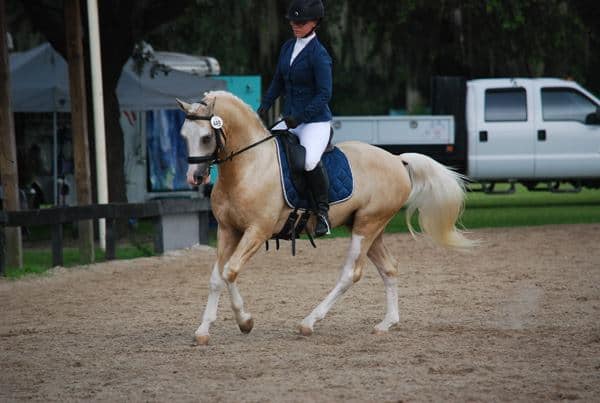Softness and Its Effects on Horses
So today I rode with Herwig Radnetter former head of the SR school. He didn’t tell me anything I haven’t heard before. I think most clinics are that way. We worked on transitions because the dressage world revolves around transitions. And keeping my horse soft and light in the bridle.
Transitions are everything in our world and you can never do enough of them. And I am having problems doing them on my new man. I am having problems being soft in my hands and using my half-halts in a timely manner. Actually, my half halts have taken leave. And the more I focus on them the stronger they get. My horse braces and I lock in “until he gives”. But he never gives, so my half-halt becomes pulling. I don’t let go. I know this is not how I am supposed to ride. I know I am never going to get where I want to be like this, but I can’t seem to soften.
This is not much different than what I see with my students. Our brain and instincts tell us to “make it happen.” After all, we are riding a 1200lbs animal. So, we need to make this beast listen to us. Which leads to force. We all know that we cannot force a horse to do anything. We have to ask. And our aids have to be soft. The softer the better. But this is an idea that is very difficult to get into our riding.
Sally Swift talks about having a soft eye in her Centered Riding book and videos. Having a hard eye means you are focused on one specific thing. A soft eye allows you to see everything around you. Having a soft eye is important because it allows you to see more and feel more. And because you cannot have a soft hand and body without having a soft eye. Your body also acts like your eyes. If you are hard and locked in, you cannot feel what your horse is doing. In addition, when you lock in so does your horse. His jaw locks, his sides get tight and he tunes you out.
We always question, what comes first the horse pulling or the rider pulling. But, it really doesn’t really matter. As the rider, it is your responsibility to be the first one to give. We have to be the bigger person. We have to give first.
Hard forceful aids are the same as someone yelling at us. We can’t hear the words that person is yelling. We only hear the yell. So, we have to find a way to stop yelling at our horses. This seems like such an easy thing to do. And when I am teaching I have to remind myself that getting this knowledge from our brain to our hands is very difficult. In theory, it sounds like such an easy thing to do. Just don’t do it. But we are constantly trying to get past our instincts.
Our brain is telling us to use our hands to stay in control. But horses don’t work that way. And for the most part, neither does life. But I can’t seem to get it through my head much less into my hands. And if after 50 plus years of riding I am still struggling with it, I can’t expect my students to do any better.

